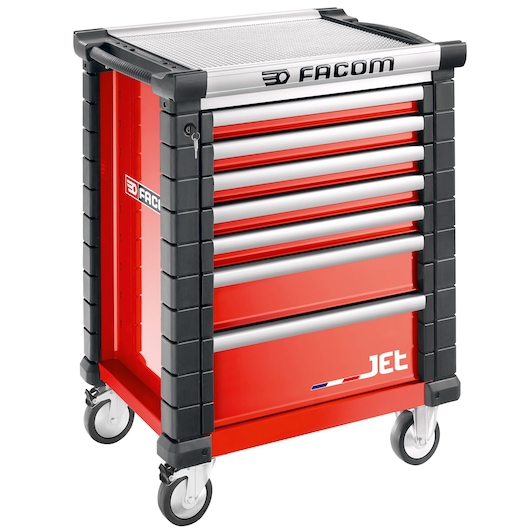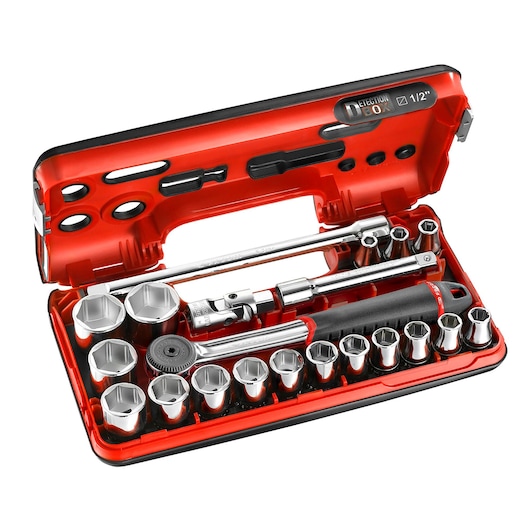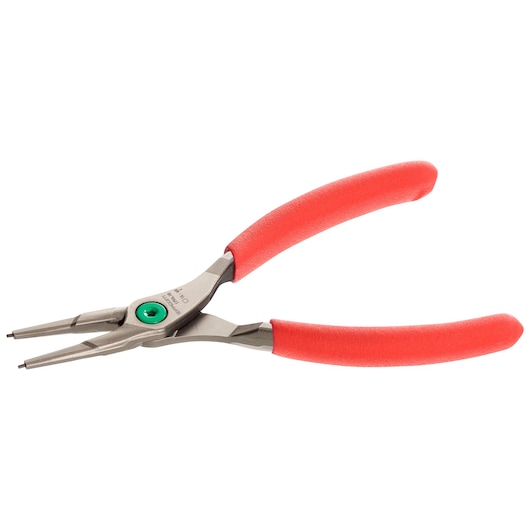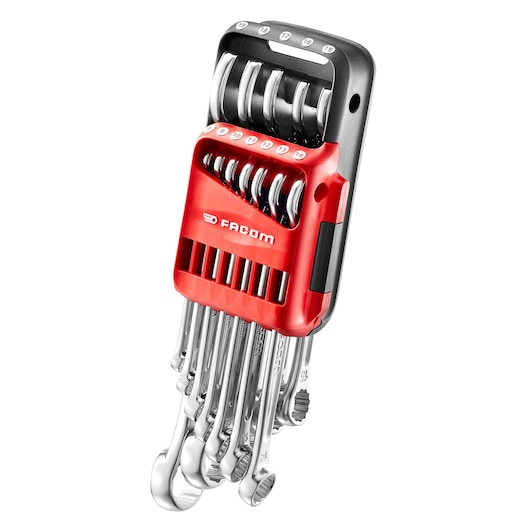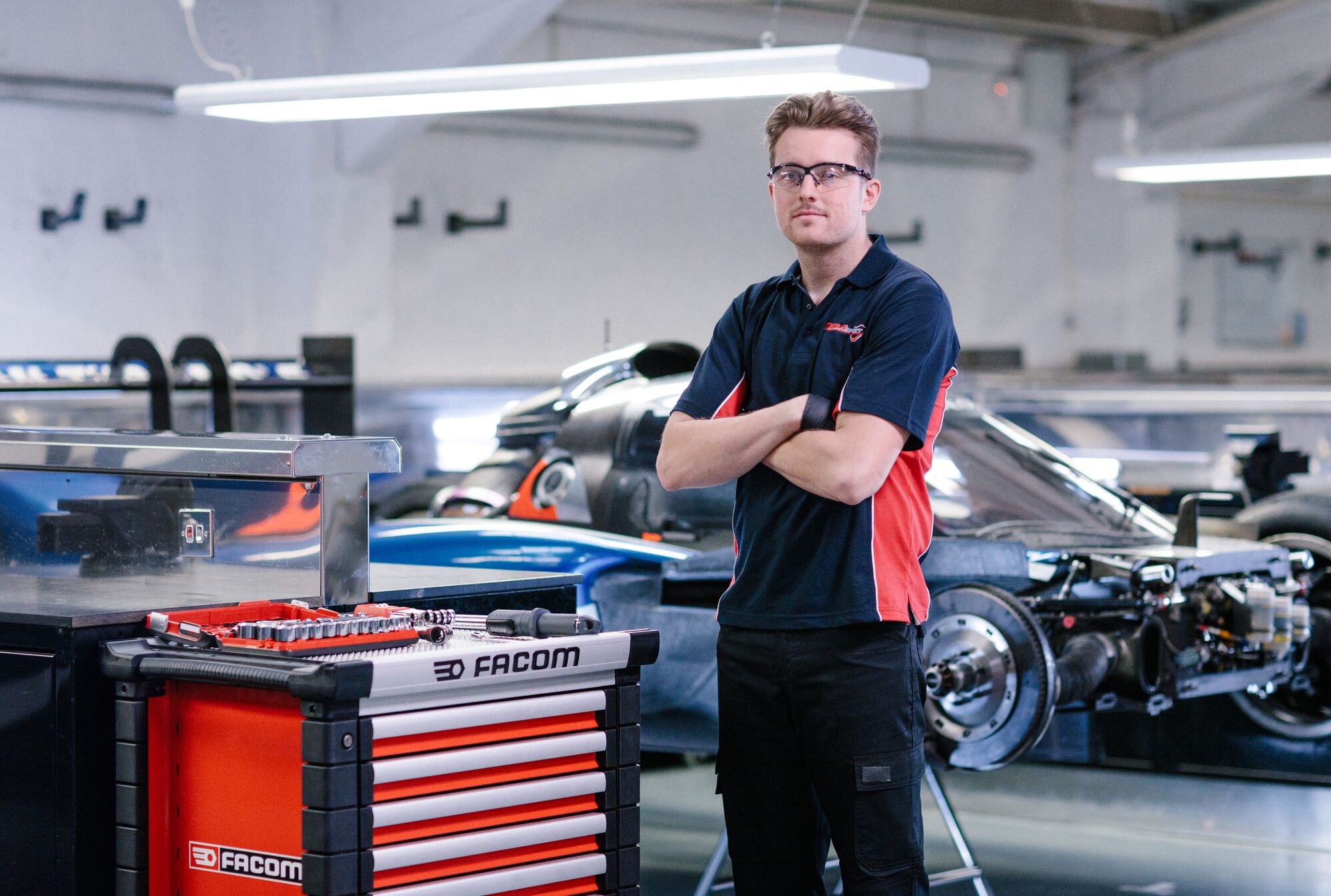
L’art de la précision
For more than 100 years FACOM tools have been used and trusted by professionals in some of the world’s most technically demanding industries. Delivering all the quality you expect from a superior French product, our tools support technicians working at the very edge of invention. Wherever there is a need for absolute precision from tools of the highest quality, you will find FACOM. Ours are the tools of the perfectionist. They are the precision instruments of the consummate professional, and this is our story.
BE AMONG THE FIRST TO LEARN ABOUT OUR LATEST INNOVATIONS
MEET THOSE WHO VALUE SUPERIOR CRAFTSMANSHIP
For those working in the world’s most advanced industries, the difference between success and failure can come down to the finest of margins. These are their stories and the tools they use.

Nicolas Minassian
“PRECISION IS WHAT GIVES YOU THE POWER”
The relentless pursuit of precision. That’s what it took for Le Mans hero Nicolas Minassian to finally conquer the world’s most demanding race. That’s what it takes to make precision tools of the highest quality.
Nicolas’ Precision Instruments






